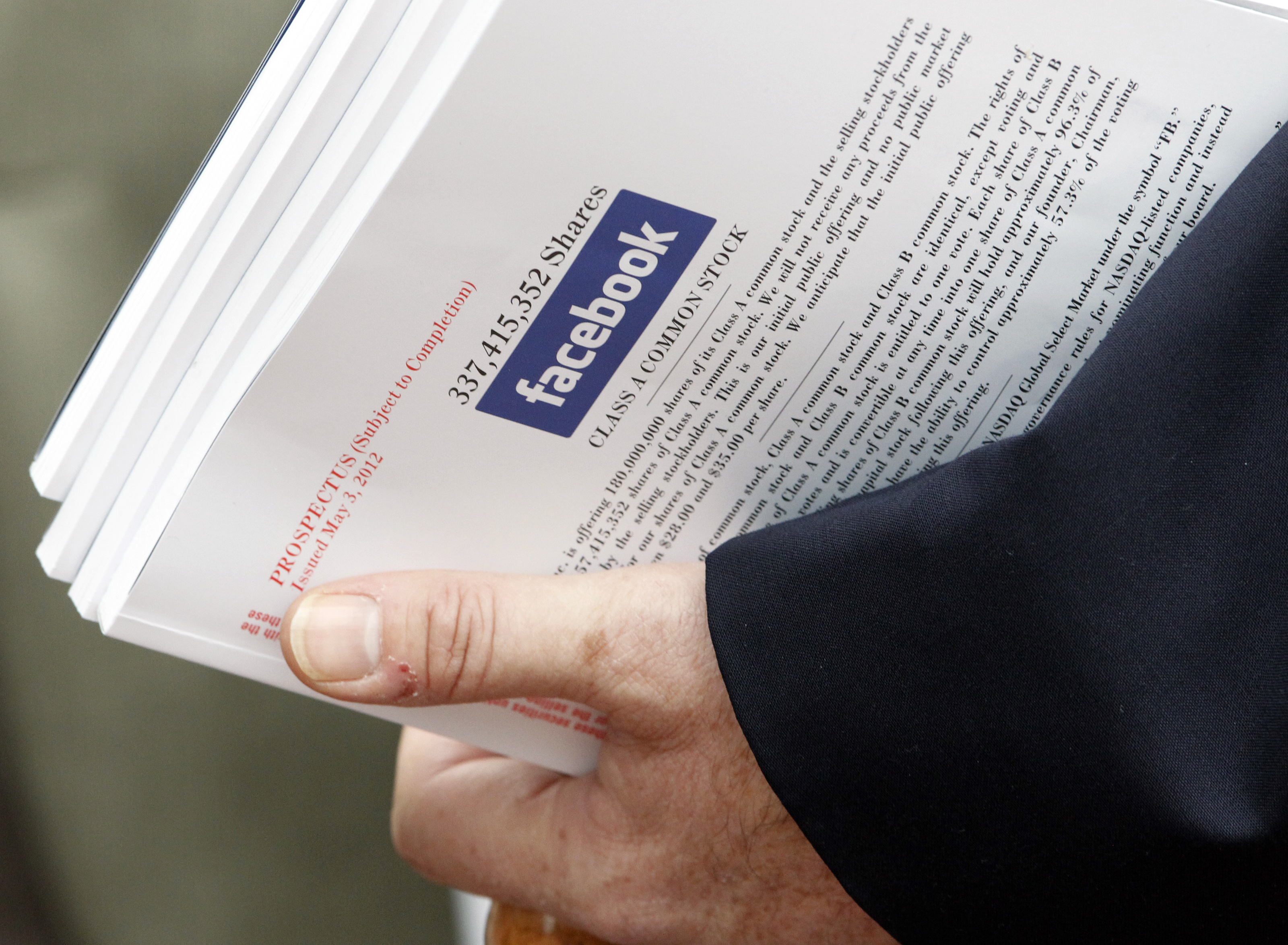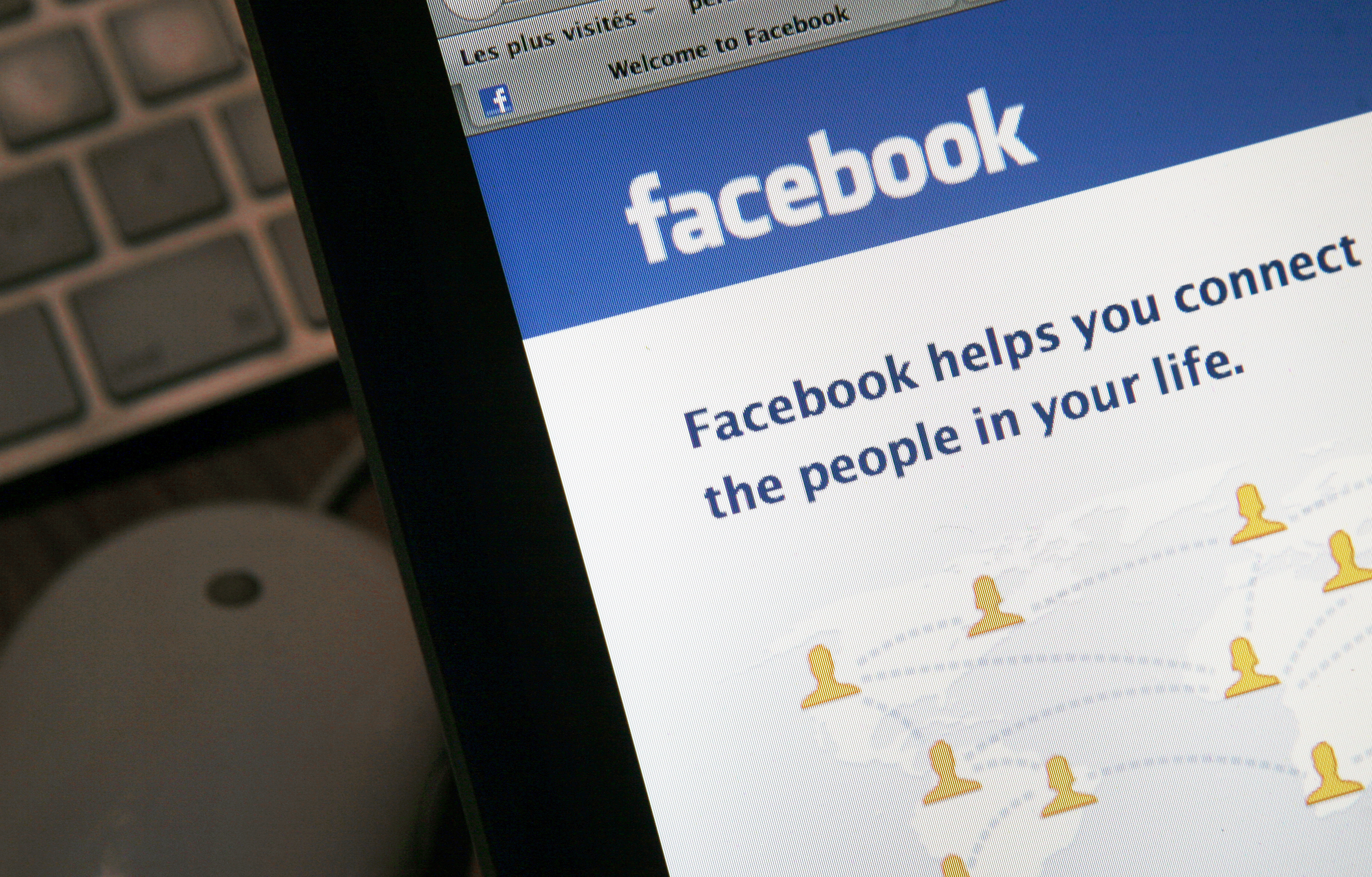Swiss businesses catch up with social media

As Facebook, the world’s largest online social network, goes public, swissinfo.ch looks at whether Swiss companies are maximising the potential of social media and whether Facebook’s massive dominance should be cause for concern.
On Friday the California-based company started trading on the Nasdaq Stock Market, having offered 421 million shares in its initial public offering (IPO) (see sidebar).
The move, which values Facebook as high as $104 billion (SFr98.2 billion), is expected to raise more than ten times as much as the $1.67 billion raised by Google eight years ago.
At the same time, however, half of Americans think the expected value for Facebook is too high, according to an Associated Press-CNBC poll conducted before the company raised its expected stock price on Tuesday. Only a third of those surveyed thought Facebook’s expected value was appropriate.
Doubts – not to say criticism – of Facebook have circulated since its launch in 2004: it’s for kids, it’s a fad, it’s just another bubble set to burst…
Indeed, according to the survey “Social Media Switzerland 2012”, a third of Swiss companies and organisations are not active users of social media. The main reasons given are “too expensive” (46 per cent), “not enough benefits” (28 per cent) and “lack of interest among audience” (24 per cent).
This scepticism seemed to be backed up on Tuesday when General Motors (GM) said it would stop advertising on Facebook, with a source familiar with the matter saying the US carmaker had decided Facebook’s adverts – which generate around 85 per cent of its revenue – had little impact on consumers.
The decision by GM, the third-largest advertiser in the United States, marks the first highly visible crack in Facebook’s strategy and underscores doubts about whether advertising on Facebook works better than traditional media.
“Not early adopters”
Nevertheless, flipping the numbers around, two-thirds of Swiss companies do nurture their online presence and make regular use of social media. Big firms are considerably more involved than small and medium-sized businesses, although 55 per cent of respondents had been on Facebook, Twitter, YouTube and so on for less than a year.
“Facebook is actually very popular [in Switzerland] – but compared with other countries in Europe we’re not even in the top ten [in total numbers],” Dominik Allemann from Bernet PR, which carried out the “Social Media Switzerland 2012” study with Zurich University of Applied Sciences, told swissinfo.ch.
In April this year, 2.9 million Swiss had a Facebook account which they checked at least once a month. Of those, 85 per cent logged on every week and every other user checked their page every day.
“As a percentage of the population, we’re not bad, but still not in the top ten,” Allemann added.
That said, the 37.2 per cent of the population who use Facebook are more than those in neighbouring Germany (28.8 per cent) or Austria (33.2 per cent).
“Swiss people are not early adopters,” he said. “If you look at the development of these channels internationally, we’re always far behind the US and a little bit behind early adapters in Europe like Britain and Scandinavia.”
Catching up
But whoever believes Facebook is just for tweens and teens is making a big mistake.
“The target groups, like management, are getting older and into Facebook faster now. The number of Facebook users aged over 50 is increasing rapidly.”
Although two-thirds of Facebook users in Switzerland are aged 20-50, Allemann points out that “the 40-60 group is where management and the budgets are”.
But asked whether Swiss companies were using Facebook effectively, Allemann’s reply is “not yet”.
“Now they are in a phase when they are planning their strategies. Over the past two or three years they have just been getting informed about [social media] and becoming aware of these new channels – at the moment we have a lot of requests for doing strategies and workshops. But the fact is many big and very big companies are on the road without a strategy.”
But not all. Allemann says there are many examples of Swiss companies that “get” Facebook and are using it well.
“What’s very interesting in this case is that even B2B [business-to-business] companies are catching up and getting involved, like [technology company] ABB, which is following a really open strategy for Facebook and YouTube and Twitter,” he said.
“There are also companies like Raiffeisen bank, which is doing a big [social media] campaign and has resources in its marketing team for these channels.”
So can companies survive without a Facebook page? “Yes, of course. In the short run. But regarding HR and recruitment, in the long run everyone has to go into it and set up a strategy.”
Monopoly
Alleman also believes Switzerland is “absolutely” an attractive market for Facebook.
“Swiss people heavily use mobile internet and heavily consume mobile internet content – reading on their iPhones and iPads and so on. You can reach your target groups by social media effectively,” he said.
“What’s more, because we have a lot of English-speaking inhabitants – also expatriates and multinational companies working here – the whole network thing is very strong.”
But is Facebook too strong? According to the Social Media Switzerland survey, Facebook is by far the most popular platform, with 84 per cent of Swiss companies and organisations saying they used it. YouTube was second (65 per cent) ahead of Twitter (61 per cent), Xing (60 per cent) and Google+ (44 per cent).
“It is of course [unhealthy] for a good market, but it’s now really difficult for other platforms to catch up with Facebook,” Allemann said.
“Google+ is coming up. It was set up last September and has already caught up a little bit, but Facebook is so strong it’s really hard. And the reason behind that is that Facebook is so simple. People go to the platform where their friends are, and here the gap between Facebook and Google+ is big, and Google+ is a little bit more complicated and technical than Facebook.”
Is he not concerned by this dominance? “Concerned is the wrong word. We tell our companies that they have to care about their own web presence, website and web content strategies. We then handle the Facebook platforms, Twitter and so on like satellites, like bridges to the target groups,” he said.
“In this case it’s not bad to have a very strong player in the market like Facebook because it’s simple – you have one platform.”
Already expected to be the largest-ever initial public offering for an internet company, Facebook on May 15 increased the planned price range for its stock to $34-$38 (SFr32-SFr35.80) per share, up from its previous range of $28-$35. At the upper limit of $38, the sale would raise about $12.8 billion.
The move, which values Facebook as high as $104 billion, comes amid growing investor excitement about the offering. Analysts are comparing the frenzy surrounding Facebook’s IPO to Google’s in 2004, though in sheer size the latter pales in comparison.
As it stands, Facebook would be the fourth-largest US IPO in history, edging out AT&T Wireless, whose 2000 IPO raised $10.6 billion according to Renaissance Capital, an IPO investment advisory firm.
The Menlo Park, California-based company is offering 421 million shares in its IPO. Of those, 157 million shares aren’t coming from the company, but from existing stockholders, including the company’s earliest investors and CEO Mark Zuckerberg.
Even after the offering, Zuckerberg will remain Facebook’s single largest shareholder. And he will control the company through 57 per cent of its voting stock. Based on the high end of the price range, he’ll get about $1.15 billion from the stock he is selling.
The IPO is expected to raise more than ten times as much as the $1.67 billion raised by Google eight years ago. At a value of $38 per share, the high end of Facebook’s expected range, Facebook would generate $6.84 billion on its shares. Existing stockholders would collectively make $5.98 billion.
Even at the higher price range, it’s going to be tough for the company’s fans and everyday investors to get in on the IPO. Most of the shares are expected to go to people with connections to the company or those who have large, active accounts with the big banks or brokerage firms directly involved in the stock sale.
Facebook has more than 900 million users who log in at least once a month.

In compliance with the JTI standards
More: SWI swissinfo.ch certified by the Journalism Trust Initiative






You can find an overview of ongoing debates with our journalists here. Please join us!
If you want to start a conversation about a topic raised in this article or want to report factual errors, email us at english@swissinfo.ch.